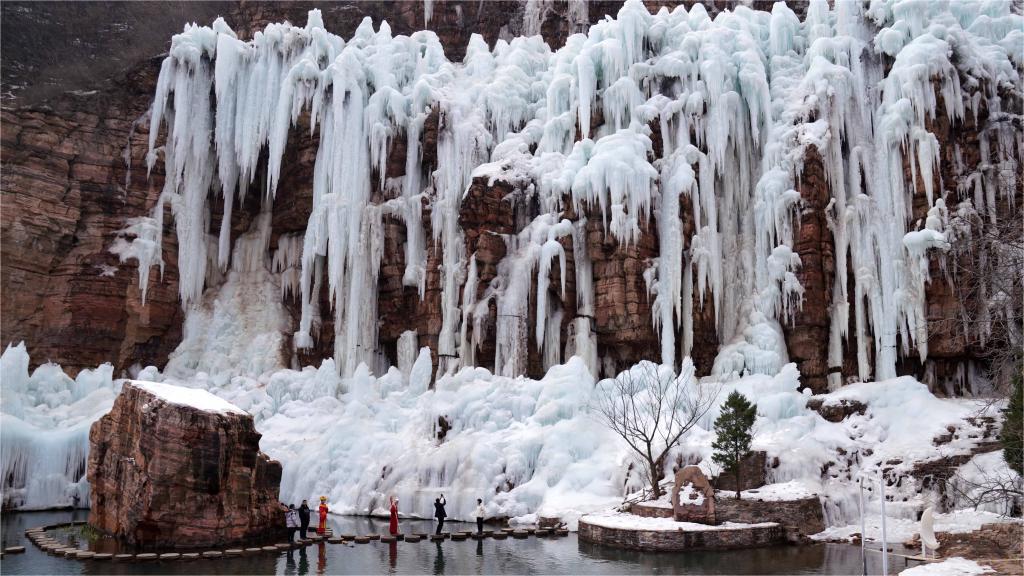Quick View: Washington's bloody vetoes
BEIJING, Feb. 21 (Xinhua) -- The United States vetoed on Tuesday a UN Security Council draft resolution calling for immediate humanitarian ceasefire in Gaza, the fourth time it has done so since the outbreak of the conflict. The U.S. move should be no surprise.
Equally unsurprising is the mounting frustration and discontent within the international community regarding Washington's persistent obstructionism. America is undoubtedly standing in the way of peace in the Middle East.
This repeated use of veto power underscores U.S. disregard for the dire humanitarian situation in Gaza. The refusal to support a resolution aimed at alleviating the suffering of civilians caught in the crossfire further erodes the credibility of the United States as a mediator in the Israeli-Palestinian conflict.
The U.S. stubborn insistence on allowing the conflict to persist exposes a stark contrast between American rhetoric and its actions, revealing a sense of hypocrisy and double standards in its purported values.
Apart from Britain, which abstained, the other 13 members of the Security Council voted in favor of the draft resolution submitted by Algeria on behalf of the Arab states. The resolution calls for an immediate ceasefire in the Gaza Strip, the immediate release of all hostages, the guarantee of humanitarian access and the rejection of the forced displacement of the Palestinian civilian population.
The vote's outcome demonstrated that the Security Council doesn't lack unanimity; rather, the United States' veto power prevents the majority from having its way.
Algerian envoy to the United Nations, Amar Bendjama, pointedly remarked that voting against the draft resolution "implies an endorsement of the brutal violence and collective punishment inflicted upon" the people of Gaza.
In rejecting the resolution again, Washington assumes the weighty responsibility of exacerbating the crisis in Gaza and contributing to the broader destabilization of the Middle East.
Photos
Related Stories
- Quick View: Washington's ruthless zero-sum appetite spells trouble for the world
- Verdict on Assange U.S. extradition appeal to be announced at later date
- U.S., British warplanes strike Houthi targets in Yemen's Hodeidah
- Powerful storm soaks U.S. California as nearly entire population under flood alerts
- Person killed in shooting in U.S. Santa Clara, suspect arrested
Copyright © 2024 People's Daily Online. All Rights Reserved.









